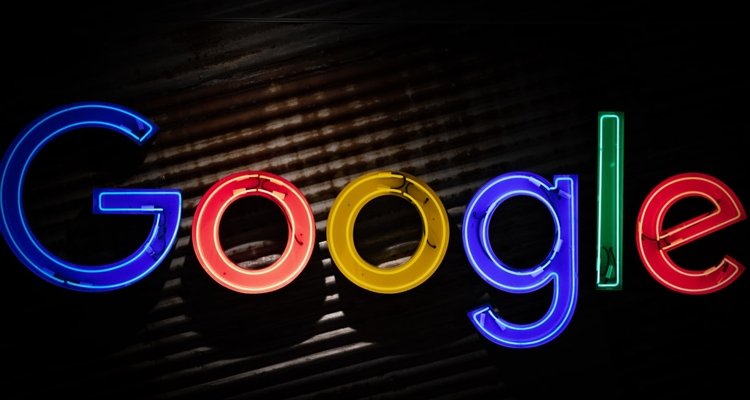Photo Credit: Mitchell Luo
Back in March, Google and Spotify announced a “groundbreaking” deal for “user choice billing,” which affords subscribers the choice of paying for the music-streaming app via Google Play Billing or the Spotify platform itself. Now, the companies have officially started rolling out direct billing in “select markets.”
The Stockholm-based streaming service rather conspicuously touted the start of the payment option’s test via a formal announcement message; Spotify remains embroiled in a long-running dispute with Apple over App Store fees and policies.
And Google, for its part, has made clear that other non-gaming Android developers can likewise apply to participate in the pilot, which currently extends to European Economic Area nations as well as Australia, Brazil, India, Indonesia, Japan, South Africa, and the U.S.
Spotify doesn’t appear to have publicly identified the precise countries in which it’s already added user choice billing, but execs communicated plans to “expand our test to even more markets” sometime during “the coming weeks.”
Predictably, given the aforementioned App Store dispute with Apple, Spotify also took the opportunity to compliment Google, which the music service says is working “to help level the playing field.”
“Google has taken a bold step to help level the playing field,” Spotify wrote, “but this is just the beginning. We’re looking forward to testing, learning and iterating a perpetually improving experience for our users in markets all around the world.”
On this front, it came to light in late October that Apple had reportedly rejected Spotify’s latest update – including support for audiobooks, which the platform embraced in September – at least three times.
Though said update was ultimately accepted after Spotify removed in-app verbiage about purchasing audiobooks through its website, according to reports, the process (and the overarching dispute) starkly contrasts that associated with making the newest version of the app available on the Play Store. To be sure, Google is reported to have promptly approved Spotify’s update.
Meanwhile, September saw Spotify head Daniel Ek personally travel to Brussels in an effort to “accelerate” the European Union’s investigation into the App Store’s 30 percent fee on certain in-app transactions. Spotify first levied the underlying antitrust complaint back in March of 2019, and the European Commission launched a probe into the matter in June of 2020.
At the time of this writing, Spotify stock (NYSE: SPOT) was up nearly five percent from Thursday’s close, for a per-share price of $82.01. The 16-year-old business triggered another round of layoffs days back and is reportedly considering a deal to buy Middle Eastern streaming platform Anghami.

